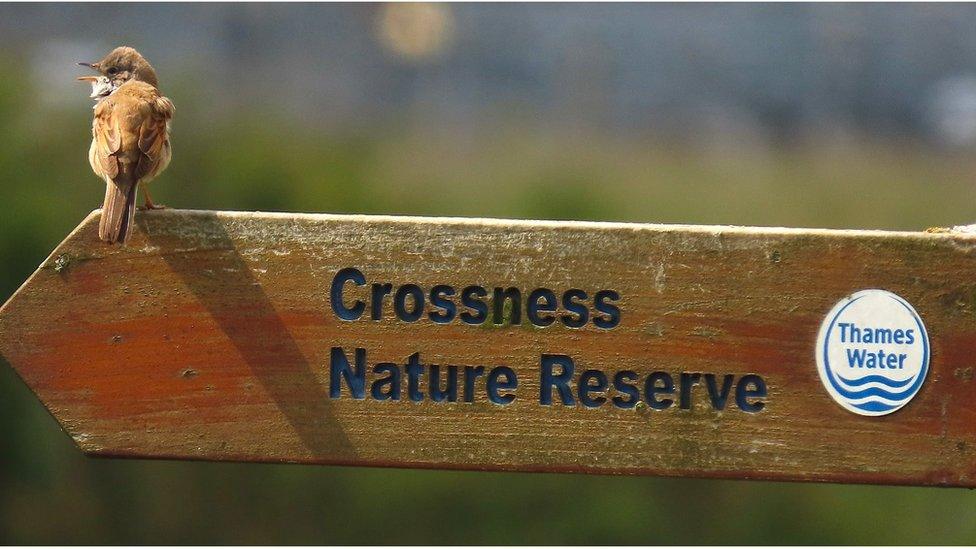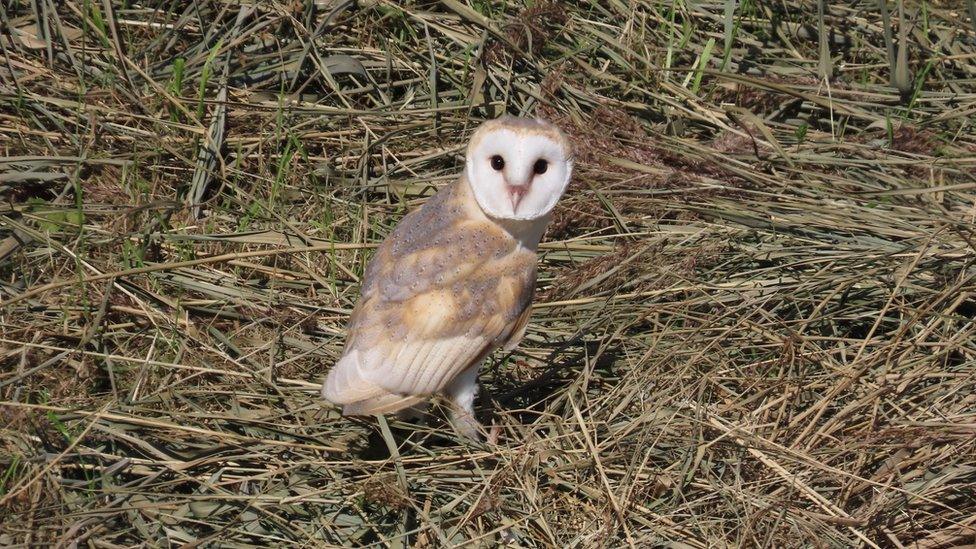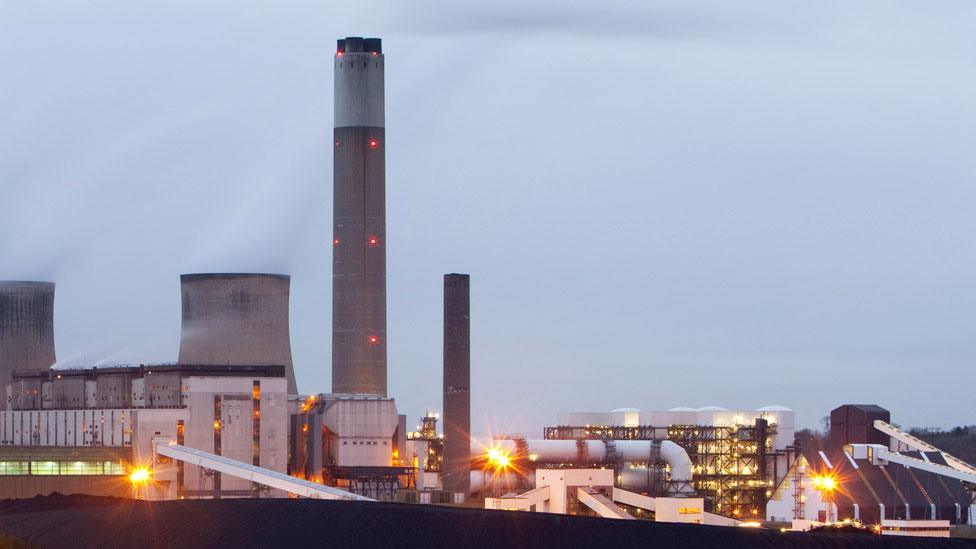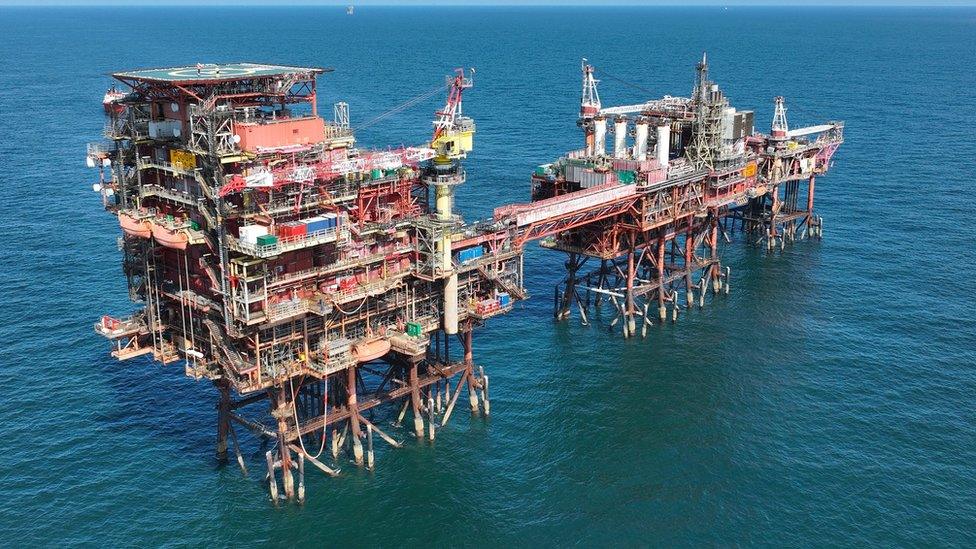Bexley: Carbon capture plant raises concerns about wildlife
- Published

The reserve is part of the last remnants of grazing marshes in South East London
Plans for two carbon capture plants on a nature reserve have raised concerns over its risk to wildlife.
Nature charity CPRE said residents were "furious" as Crossness Nature Reserve could not afford to lose any land.
The new plant in Bexley is designed to capture carbon dioxide from the two waste processing facilities run by the Cory Group in the area.
The group said the project was "carbon negative overall and in line with plans to reach net zero emissions by 2050".
Planning documents show the two waste facilities are predicted to process 1.5million tonnes of non-recyclable waste a year, with the new plants aiming to capture 1.3million tonnes of carbon dioxide produced by the facilities annually.
However, concerns have been raised on the impact of destroying six acres of grazing marshland habitat in the nature reserve.
Laurence Pinturaunt, 61, and a local resident said the area was "very significant" as it is "part of the last remnants of grazing marshes in South East London".
She added: "They have very rich wildlife. There are water invertebrates, they have ditches which are full of water voles and are homes to kingfishers.
"The marshes also provide mud flats, which are really important habitats for waders and water birds, some of which travel thousands of miles from Africa to come and breed and forage on those sites."
Mr Pinturaunt said that Crossness Nature Reserve has over 600 members who regularly visit the area, including birdwatchers, joggers, and residents taking their horses to graze.

The nature reserve is home to a wide variety of wildlife including barn owls
She said locals were "hugely worried" about the project, fearing local waterways could be contaminated by chemicals on the site and once the biodiversity was lost it would be impossible to recapture.
She also questioned the viability of carbon capture plants, saying they would become a "white elephant" for the community.
Richard Wilkinson, Cory's project director said "a project with this level of ambition doesn't come without challenges", but reassured residents that the project would result in a net increase to the area of Crossness Nature Reserve which would be retained as green space and that key stakeholders were being consulted on the development.

Listen to the best of BBC Radio London on Sounds and follow BBC London on Facebook, external, X, external and Instagram, external. Send your story ideas to hello.bbclondon@bbc.co.uk, external
Related topics
- Published30 October 2023
- Published17 October 2023

- Published11 December 2023

- Published12 March 2024
